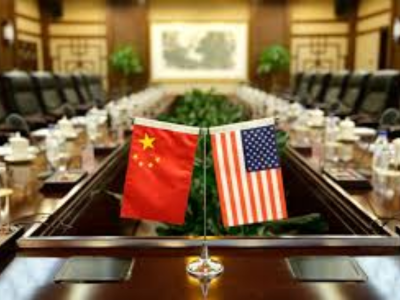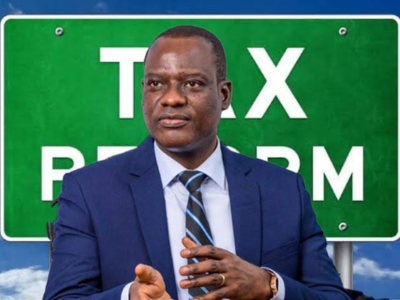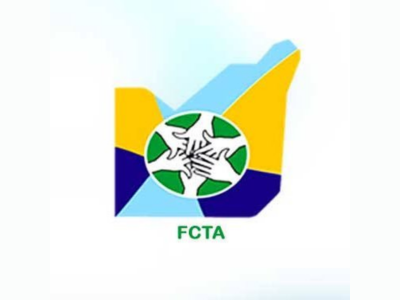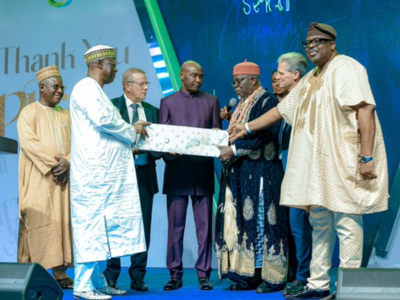US-China Trade Talks Resume in Madrid Amid TikTok Deadline and Tariff Pressures
- by Admin.
- Sep 15, 2025

Credit:
Top economic officials from the United States and China are gathered in Spain's capital Monday to tackle persistent trade frictions, including a looming deadline for TikTok's U.S. divestiture and ongoing tariff disputes, as both sides work to stabilize relations between the world's two biggest economies.
The negotiations, hosted at Spain's foreign ministry in the Palacio de Santa Cruz, entered their second day after about six hours of discussions on Sunday. Leading the U.S. delegation are Treasury Secretary Scott Bessent and Trade Representative Jamieson Greer, while Chinese Vice Premier He Lifeng heads the Beijing team.
The talks, the fourth high-level meeting in four months, aim to address national security concerns, economic cooperation, and barriers to trade that have disrupted global supply chains since President Donald Trump's tariff escalations earlier this year.
Central to the agenda is TikTok, owned by China's ByteDance, which faces a September 17 deadline to sell its U.S. operations or risk a nationwide ban over data security fears. Bessent indicated progress, stating the two sides are "close to reaching an agreement" on the app, potentially extending the deadline to allow more time for a divestiture.
Previous rounds, like the July Stockholm meeting, extended a 90-day trade truce that rolled back triple-digit retaliatory tariffs to 30 percent on U.S. goods and 10 percent on Chinese exports, while resuming rare earth mineral flows vital for U.S. tech and defense industries. That truce expires in November, adding urgency to the Madrid session.
Broader issues loom large: Trump's threats of 50-100 percent tariffs on Chinese imports if Beijing doesn't curb Russian oil purchases, and U.S. demands for allies to impose similar duties. China, which saw a 15 percent drop in exports to the U.S. this year but boosted trade with Southeast Asia and Africa, has countered with investigations into U.S. semiconductor firms announced Sunday, probing alleged dumping and discrimination after exports rose 37 percent while prices fell 57 percent since 2022.
Beijing's commerce ministry called U.S. measures "containment and suppression" of its high-tech growth, including chips and AI. The talks also cover money laundering networks and China's alleged role in tech shipments to Russia amid its Ukraine conflict.
Experts temper expectations for breakthroughs, viewing the meetings as groundwork for a potential Trump-Xi summit later in 2025. William Reinsch, a trade adviser at the Center for Strategic and International Studies, noted the focus might be on gauging red lines rather than immediate deals. China's Foreign Ministry spokesperson urged "mutual respect and equal consultations," while the U.S. Treasury emphasized collaboration on shared threats like illicit finance. A concluding news conference could come Monday afternoon, signaling if any extensions or pacts emerge.
As delegations reconvened, the sessions underscore the high stakes: unresolved tensions could unravel the fragile truce, hike costs for consumers worldwide, and slow global growth. For now, the Madrid talks offer a neutral ground – thanks to host Spain's Prime Minister Pedro Sanchez – to navigate the economic tightrope between rivalry and interdependence.













0 Comment(s)